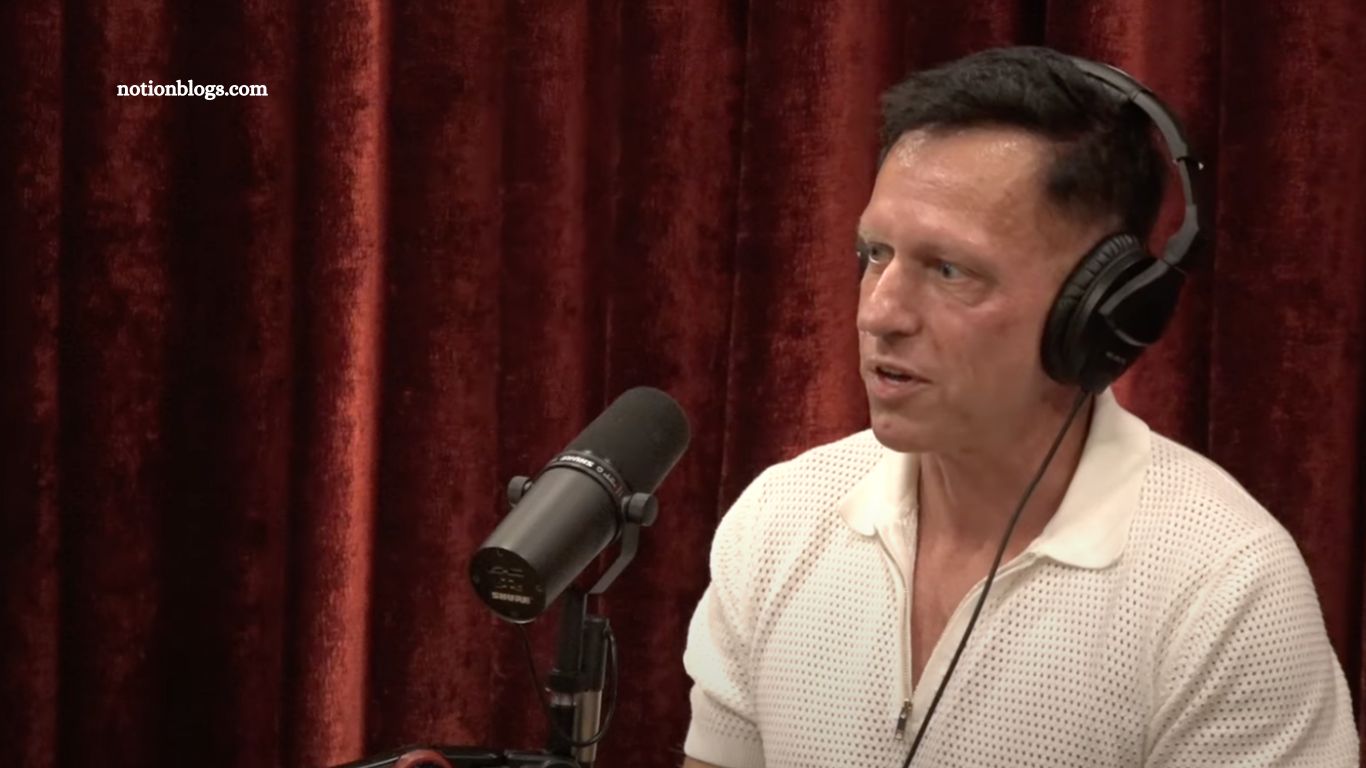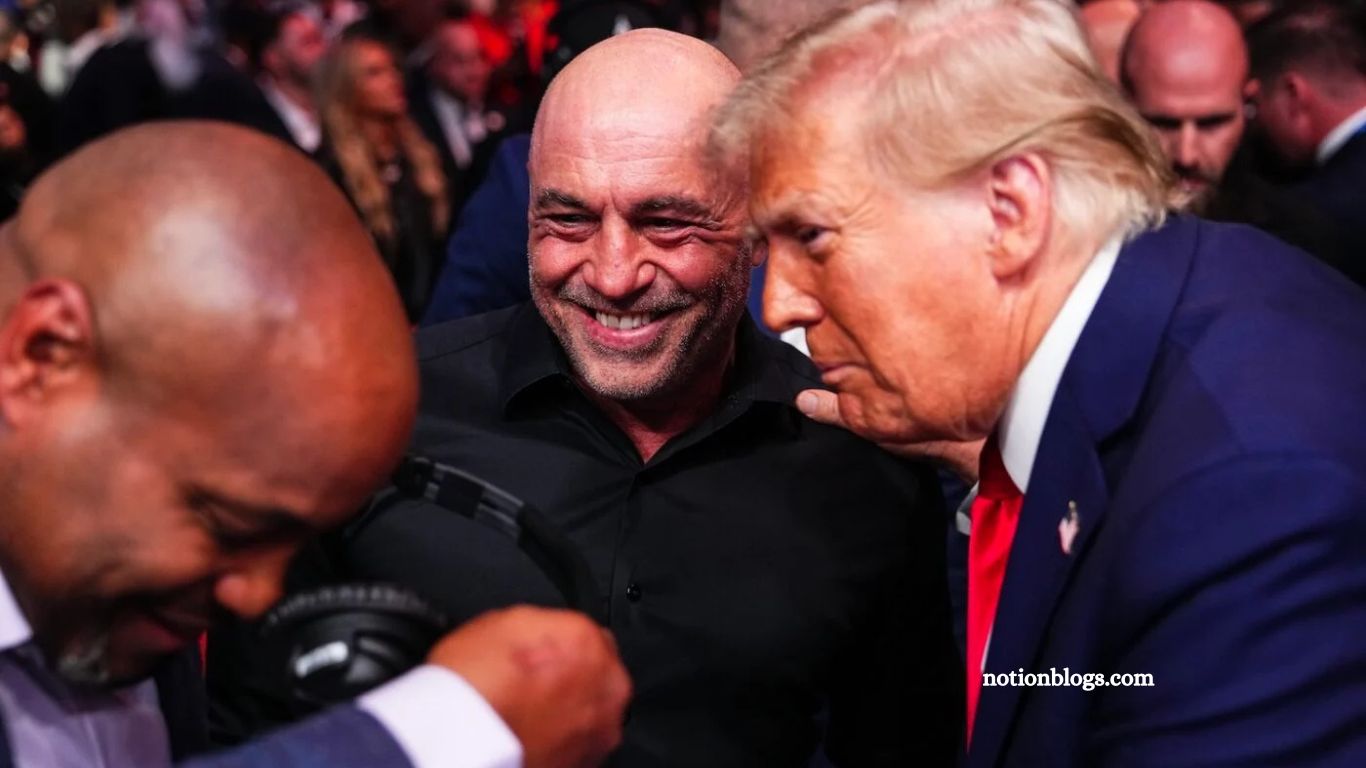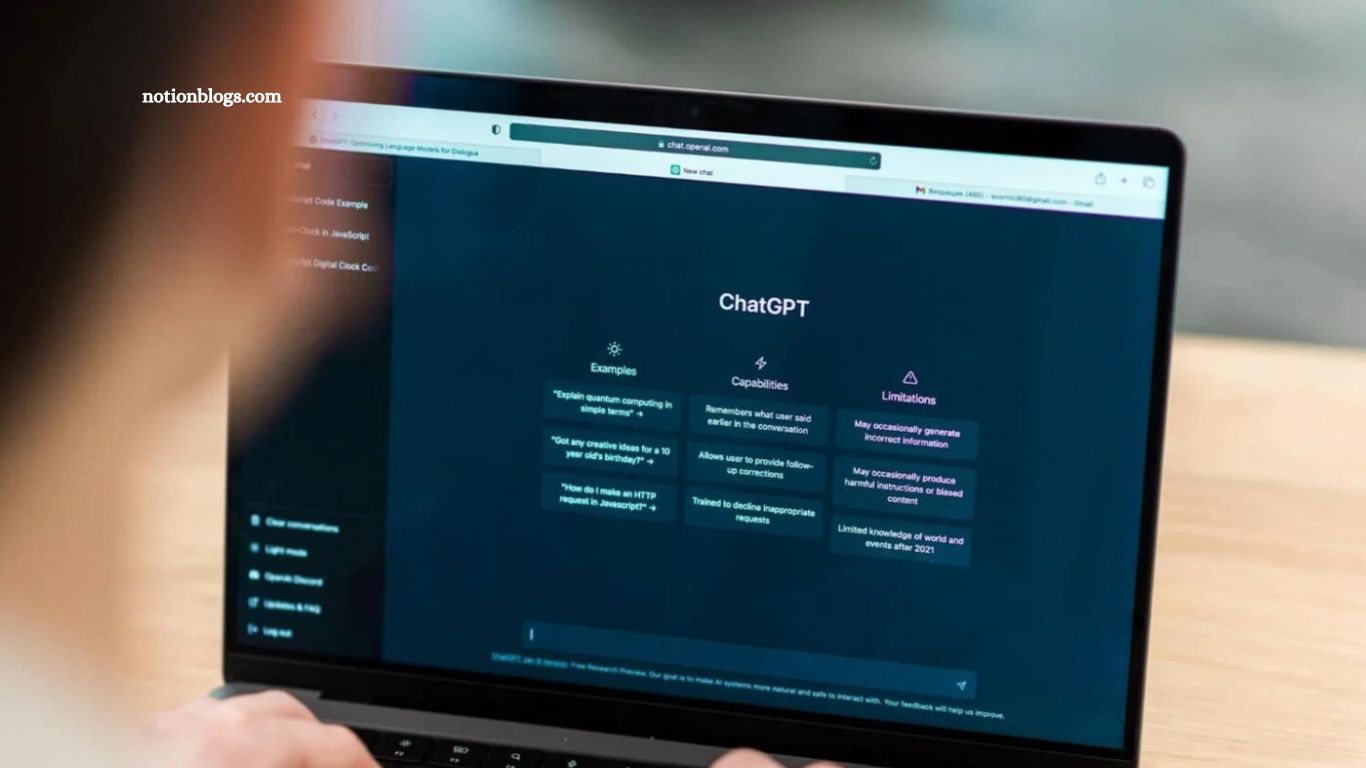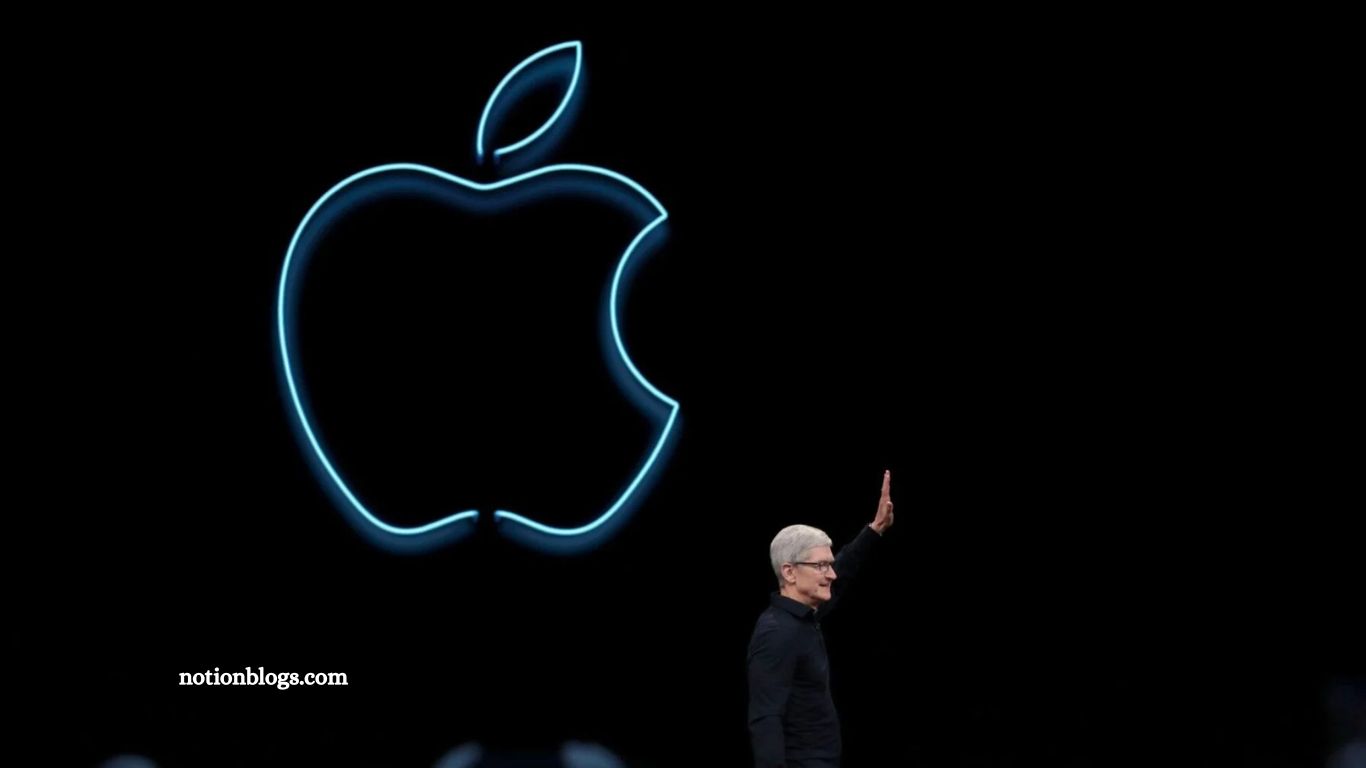In the age of techno-optimism, it’s not unusual for billionaire entrepreneurs—overwhelmingly men—to assume their intellect alone qualifies them to disrupt any institution. From education to healthcare, these self-styled visionaries often believe they know better than decades of evidence, expertise, or regulation. Few ventures embody this mindset more vividly than the Enhanced Games—an “Olympics without drug testing,” funded in part by tech billionaire Peter Thiel.
According to a new Wired report, what began as a bold reimagining of competitive sports has become a chaotic experiment in ego, marketing, and mismanagement. The Enhanced Games are, technically, still moving forward—set to debut in May 2026 in Las Vegas—but the journey so far has been riddled with confusion, unmet expectations, and perhaps most revealingly, a pivot toward the real goal: selling supplements.
Read More: Data Brokers Helped Alleged Minnesota Shooter Locate Lawmakers’ Homes
The Premise: Performance at Any Cost
The Enhanced Games were founded by Aron D’Souza, an Australian lawyer known for orchestrating Thiel’s takedown of Gawker. D’Souza’s vision: a sporting competition that welcomes performance-enhancing drugs and challenges traditional anti-doping rules. Athletes would be free to become “the best version of themselves,” chemically or otherwise.
To promote the event, D’Souza offered a $1 million bounty for any enhanced athlete who could break world records in swimming. The prize was eventually claimed by Kristian Gkolomeev, a 31-year-old Bulgarian Olympian—but not without complications.
The Test Case That Backfired
Originally, the Enhanced Games had pinned their hopes on James Magnussen, an Australian swimmer who agreed to a state-sanctioned doping regimen including testosterone and growth hormones. He relocated to California, bulked up dramatically, and was fitted with a banned high-tech supersuit.
Unfortunately, the experiment backfired: Magnussen’s new physique was too large and muscular, to the point that he reportedly tore his suit trying to put it on. When he finally hit the water, his time was 1.2 seconds slower than his personal best from when he competed clean.
Gkolomeev, by contrast, joined the program later and used a more modest doping strategy. He managed to break a world record, but even that achievement was fleeting—when he tried to replicate it after further training and drug use, his time slowed. Both Gkolomeev and his coach admitted to Wired that he likely could have beaten the record without performance-enhancing drugs.
From Bold Claims to Fine Print
Despite the Enhanced Games’ anti-establishment posturing, reality appears to be catching up with the organizers. Initially pitched as a pharmaceutical free-for-all, the event has already walked back its stance. Now, only doctor-prescribed drugs that are legal in an athlete’s home country are permitted, and participants must undergo medical monitoring to ensure their safety.
Even D’Souza—who launched the idea after a dinner with IOC members he deemed intellectually underwhelming—has conceded that some traditional rules might have value after all.
The Real Game: Marketing Supplements
Beyond the headline-grabbing philosophy of “enhanced humanity,” the true motive behind the Enhanced Games may be far more pedestrian: monetizing health products. As Wired uncovered, D’Souza has launched Enhanced Performance Products, a supplement and sports drink line seemingly designed to cash in on the hype.
For critics, this repositions the Enhanced Games not as a bold new chapter in athletic history, but as a cleverly branded supplement marketing campaign, powered by venture capital and Silicon Valley bravado. One might argue it would’ve been far cheaper—and more effective—to simply start a podcast.
Frequently Asked Questions
What are the Enhanced Games?
The Enhanced Games are a proposed alternative to the Olympic Games that allow—and even encourage—the use of performance-enhancing drugs. Founded by Aron D’Souza and backed by investors like Peter Thiel and Donald Trump Jr.’s 1789 Capital, the event is slated for May 2026 in Las Vegas.
Why are they controversial?
The games promote the use of substances banned in traditional competitions, which has raised ethical, medical, and regulatory concerns. Critics argue the event undermines decades of anti-doping progress and prioritizes spectacle over athlete health.
What did the Wired report uncover?
The Wired report reveals that despite bold claims of revolutionizing sports, the Enhanced Games are disorganized, scientifically flawed, and may primarily serve as a vehicle to market supplements and performance products through a new brand: Enhanced Performance Products.
Who is Aron D’Souza?
D’Souza is an Australian lawyer best known for helping Peter Thiel fund the lawsuit that bankrupted Gawker Media. He is now the public face of the Enhanced Games and has positioned himself as a disruptor of traditional sports governance.
Did any athletes participate?
Yes. Two swimmers—Australian Olympian James Magnussen and Bulgarian Olympian Kristian Gkolomeev—participated in early trials. Gkolomeev managed to break a world record under the program, though later performance declines and admissions cast doubt on the impact of the doping.
What went wrong with James Magnussen?
Magnussen underwent a rigorous doping regimen, which caused him to gain excessive muscle mass. This reduced his speed in the water and made him slower than when he competed clean. He even ripped his high-tech swimsuit due to his enlarged frame.
Is the event still happening?
As of now, yes. The Enhanced Games are scheduled for 2026, though details are still sparse and subject to change.
Conclusion
The Enhanced Games were pitched as a radical rethinking of athletic achievement—an unapologetic embrace of science, freedom, and “enhancement.” But behind the bold rhetoric lies a familiar story: Silicon Valley disruption driven more by branding and profit than by substance or sustainability.
As the project stumbles toward its 2026 debut, what began as a supposed rebellion against outdated norms is quickly revealing itself as a high-gloss marketing scheme for supplements—with athletes and ethics caught in the middle. Despite the billionaires, buzzwords, and biotech, the Enhanced Games may ultimately prove to be less about breaking records and more about selling product.







